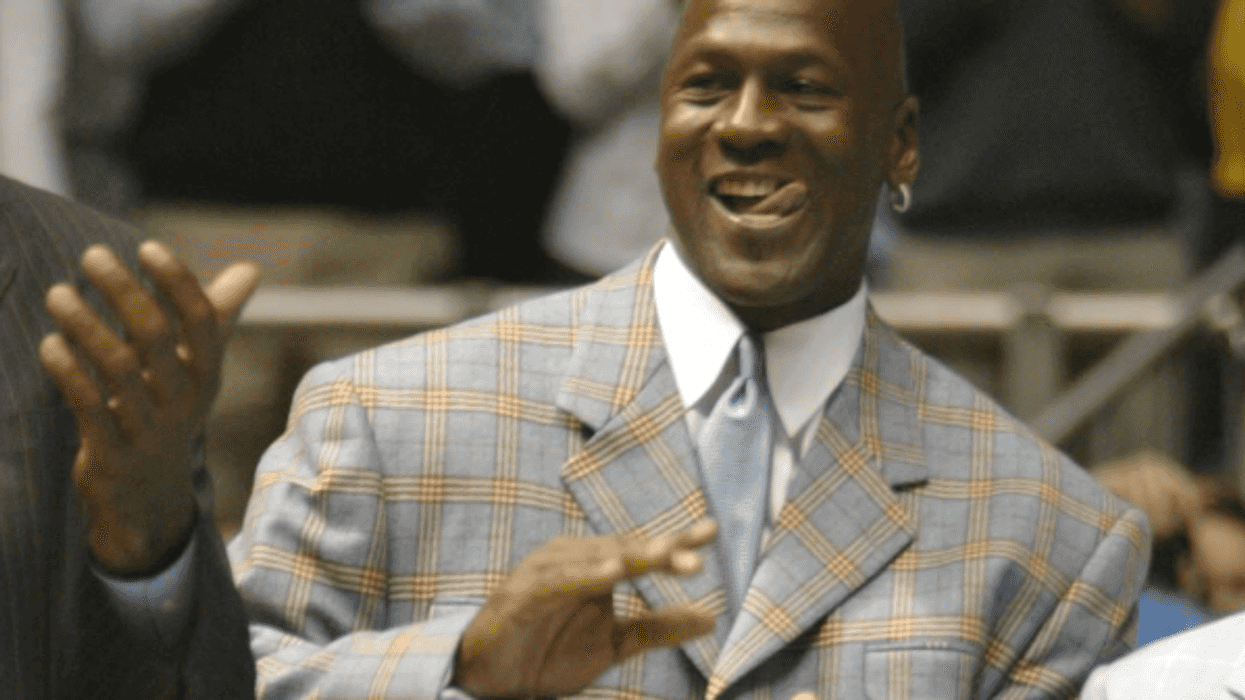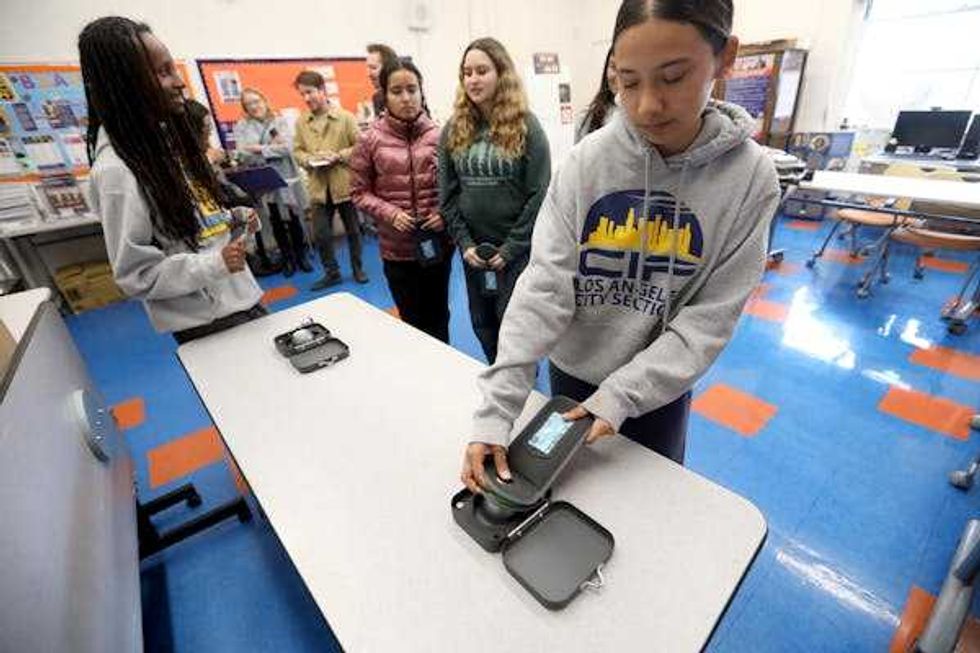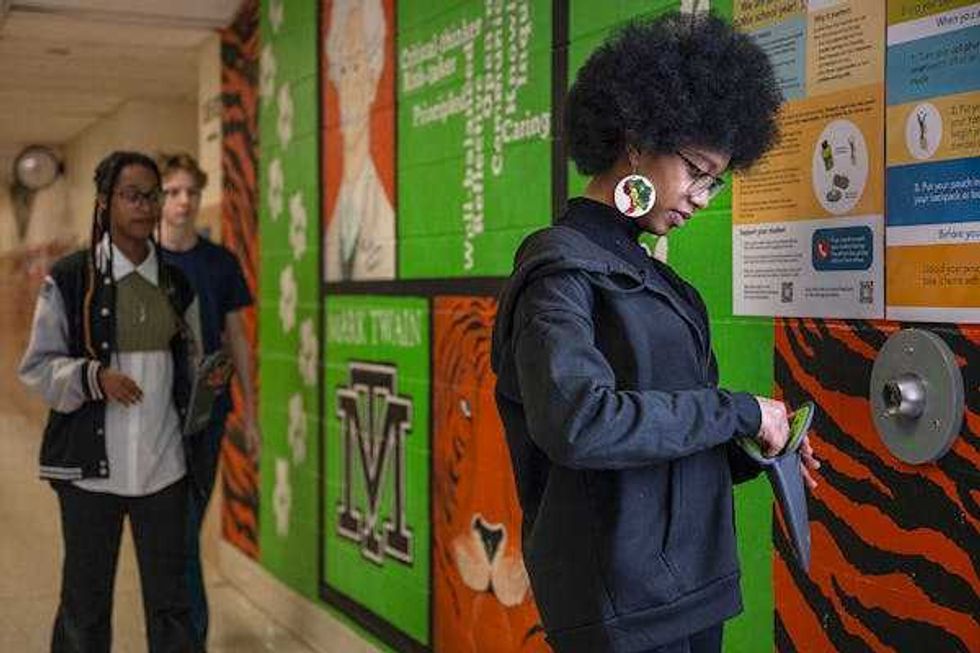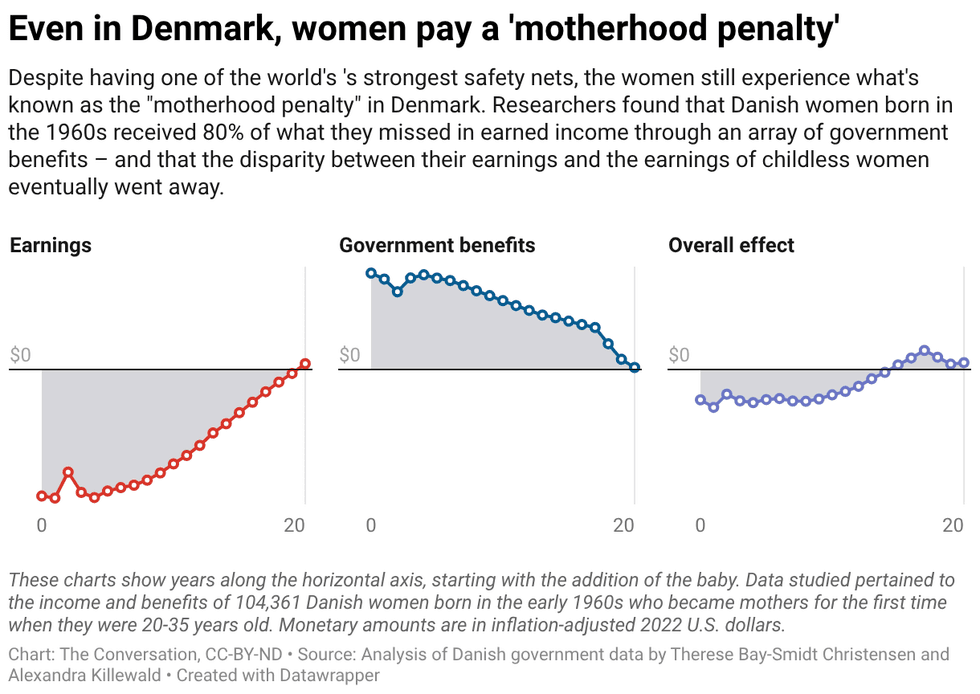Black Lives Matter has had an unquestionable effect on how Americans see race since the movement first started in 2013. Eight years later, a majority of Americans support BLM with approximately 20 million having attended protests to fight for equality.
BLM has inspired countless bestsellers on antiracism, captured the attention of corporate America, and made state-sanctioned racially-motivated violence a focal part of the political conversation.
The movement has created a cultural shift in America, but has it actually achieved its original goal of saving Black lives?
According to a research paper by Travis Campbell of the University of Massachusetts at Amherst, the answer is a resounding, yes. All of the blood, sweat, and tear gas Americans have endured has helped make people safer.
To determine BLM's efficacy, Campbell looked at cities that held demonstrations between 2014 and 2019, then examined the number of police homicides in their aftermath.
Campbell determined that "census places with Black Lives Matter protests experience a 15% to 20% decrease in police homicides over the ensuing five years." He believes the decrease in deadly force has saved over 300 lives.
Black people account for about a third of all people murdered by police but are only 13% of the population. So, using Campbell's data, it's safe to say somewhere near 100 Black lives have been saved due to protests.
Campbell's data shows that in the cities that held a large number of protests, the number of police killings declined in all but three places, San Francisco, Portland, and St. Louis.
The study shows that "fall in lethal use-of-force is growing over time" and that it's prominent "when protests are large or frequent." Therefore, if BLM protests continue, even more lives will probably be saved.
One of the major reasons for the protests' success is they've inspired change in police policies.
"BLM protests also increase the probability of a police agency having body-cameras, expand community policing, and reduce the number of future property crime-related arrests, which may partially explain the lethal force reduction," the study says.
Body cameras have a significant impact on whether police resort to deadly force. A 2015 study cited by Campbell randomly assigned body cameras to officers 988 officers in Rialto, California over 12 months. It found that body cameras "halved use-of-force" incidents.
As the endless summer of 2020 dragged on there was a tangible feeling that even though Americans were fighting back against the murder of Black people by police, that it was never going to end. This report shows that BLM's efforts were not in vain, but quite the contrary.
BLM's success is also proof that when the will of the people is expressed through peaceful assembly, it's an effective way to create change. Now that we know those in power are listening, it's time to start shouting even louder.



















 A high school senior shows how to unlock a magnetic pouch that holds her smartphone at University High School Charter in Los Angeles in March 2025.
A high school senior shows how to unlock a magnetic pouch that holds her smartphone at University High School Charter in Los Angeles in March 2025. An eighth grader unlocks her cellphone from a pouch at Mark Twain Middle School in Alexandria, Va., in March 2025.
An eighth grader unlocks her cellphone from a pouch at Mark Twain Middle School in Alexandria, Va., in March 2025.
 A woman holds a family member's hand in the hospitalCanva
A woman holds a family member's hand in the hospitalCanva A bird flying across the sky under the sunCanva
A bird flying across the sky under the sunCanva
 The ‘motherhood penalty’ is largest in the first year after a mom’s first birth or adoption.
The ‘motherhood penalty’ is largest in the first year after a mom’s first birth or adoption. 


 (LEFT) Film premiere at ArcLight Theatre Hollywood; (RIGHT) LaNasa signing autographs at TIFF.thepaparazzigamer/
(LEFT) Film premiere at ArcLight Theatre Hollywood; (RIGHT) LaNasa signing autographs at TIFF.thepaparazzigamer/  Radical acceptance.Photo credit:
Radical acceptance.Photo credit: